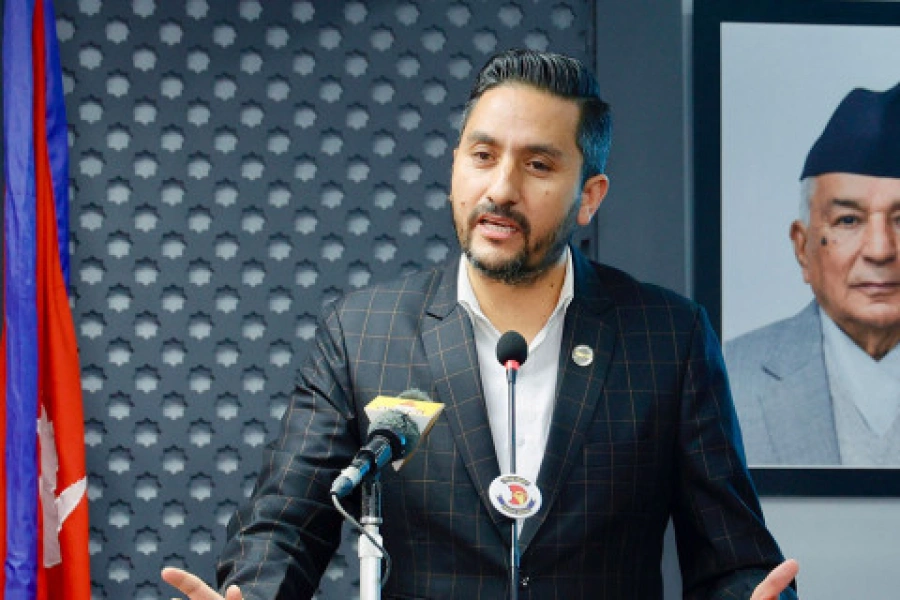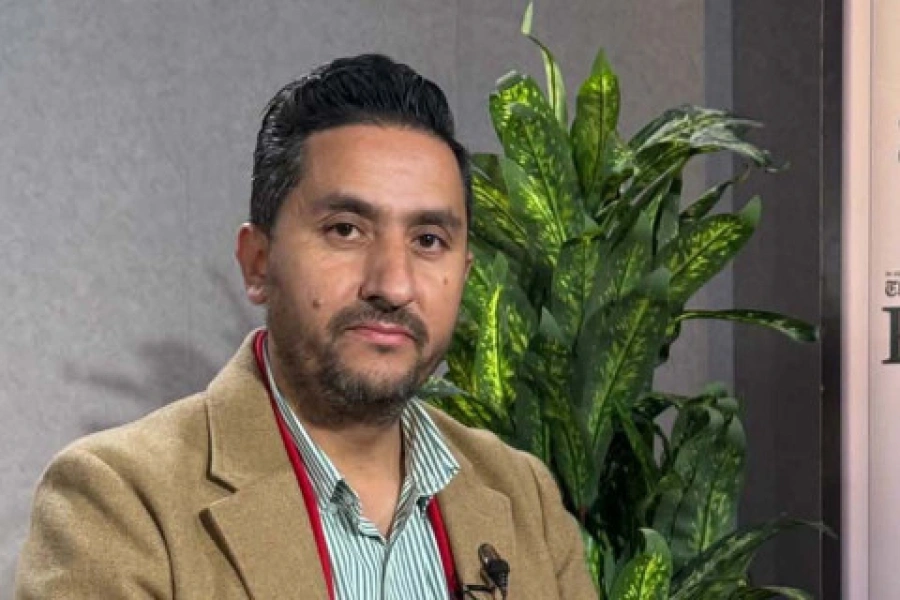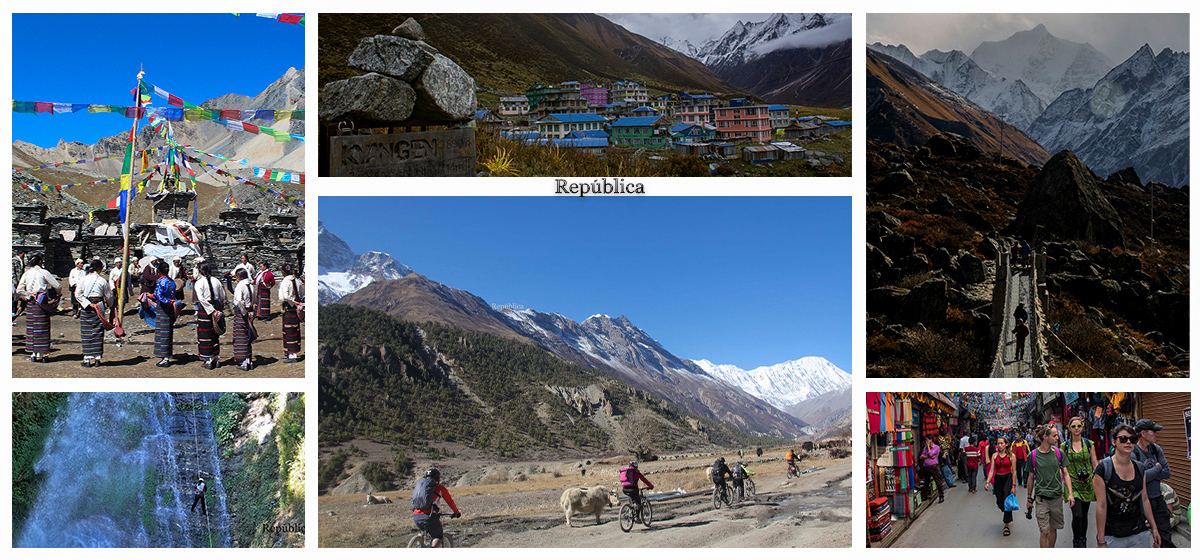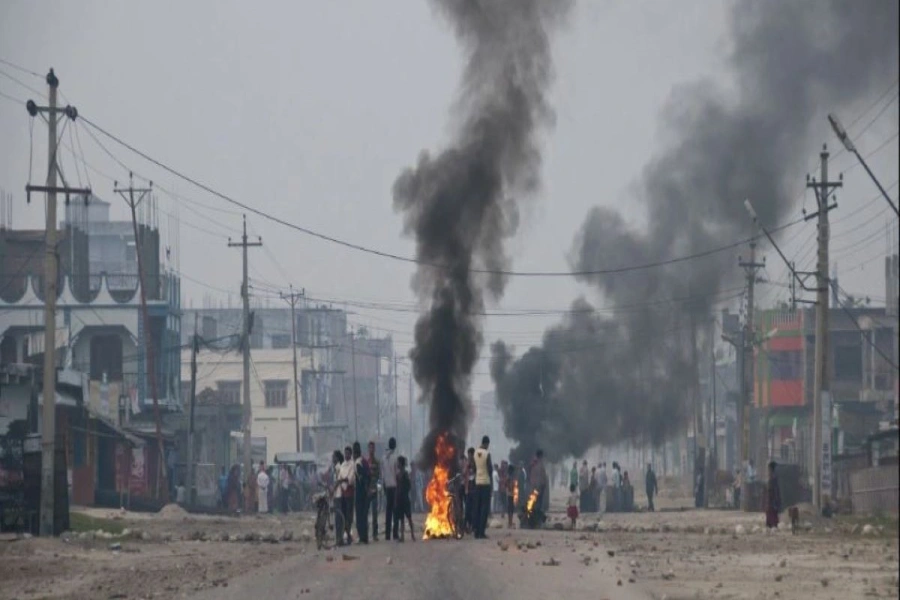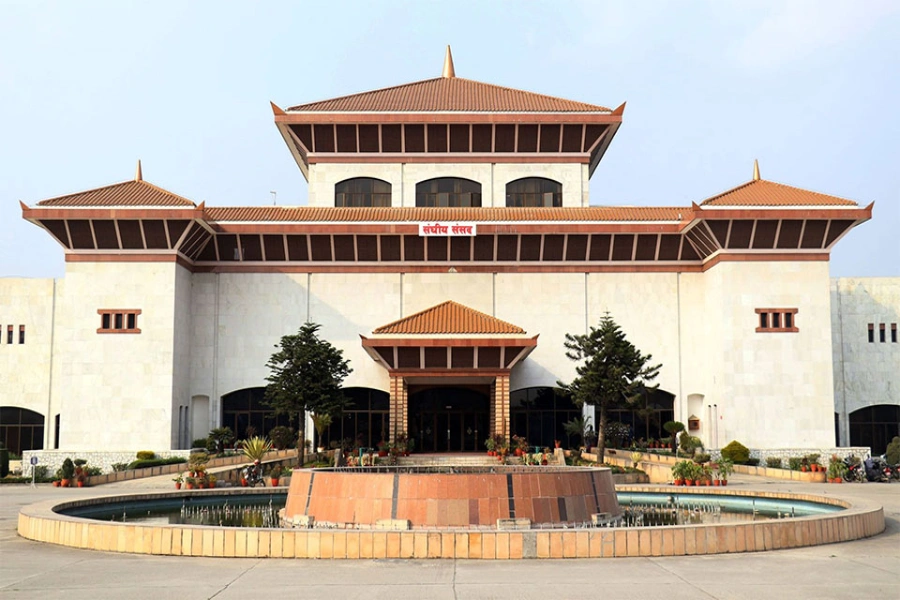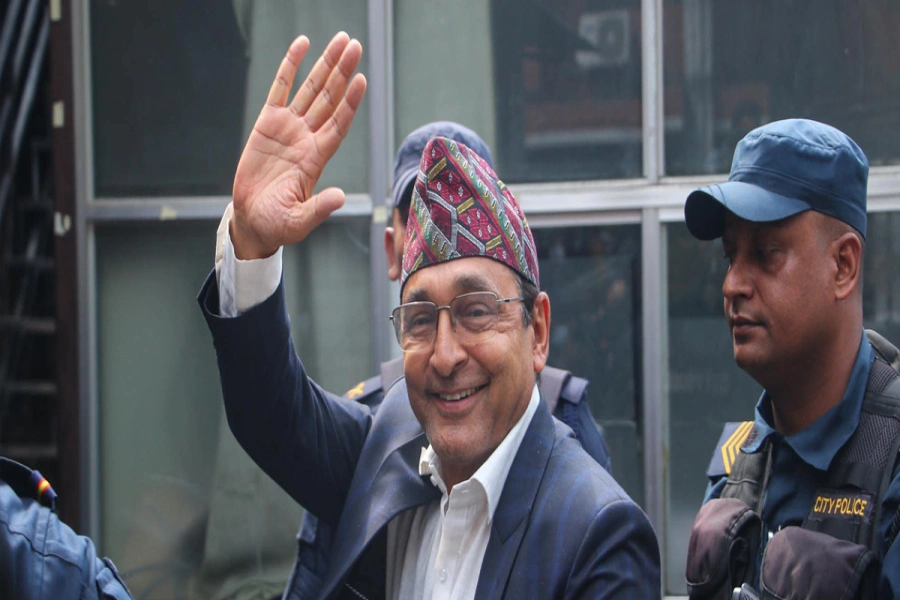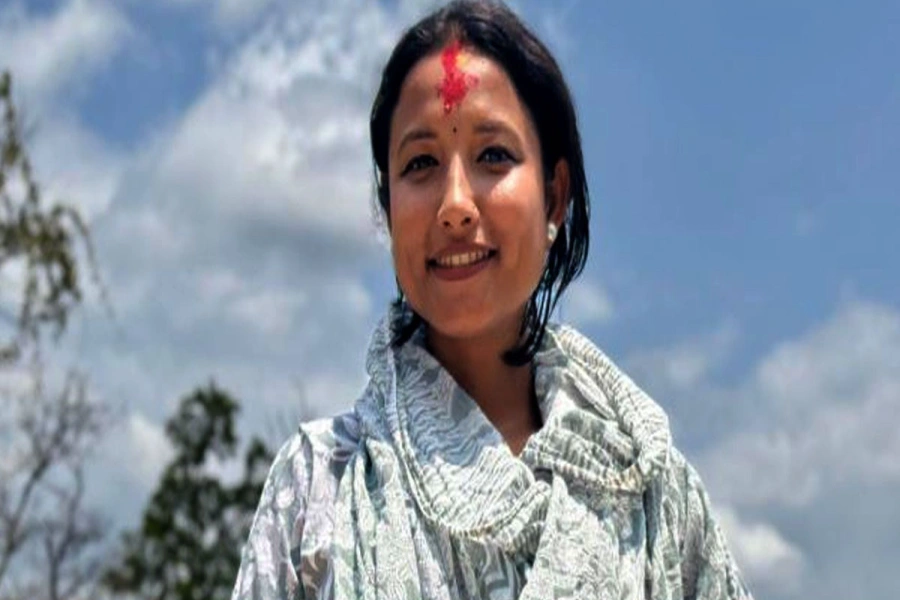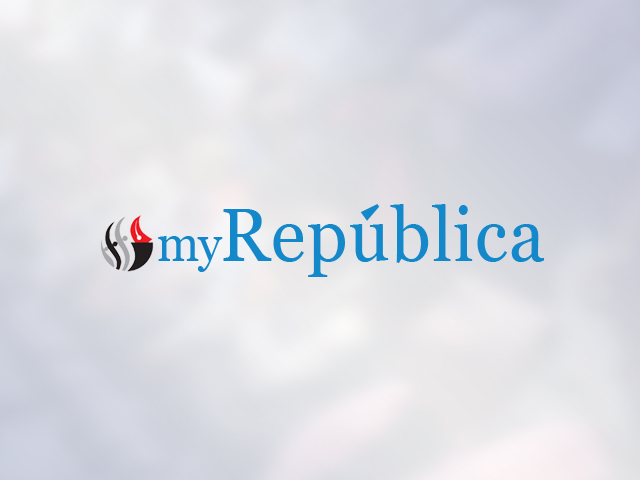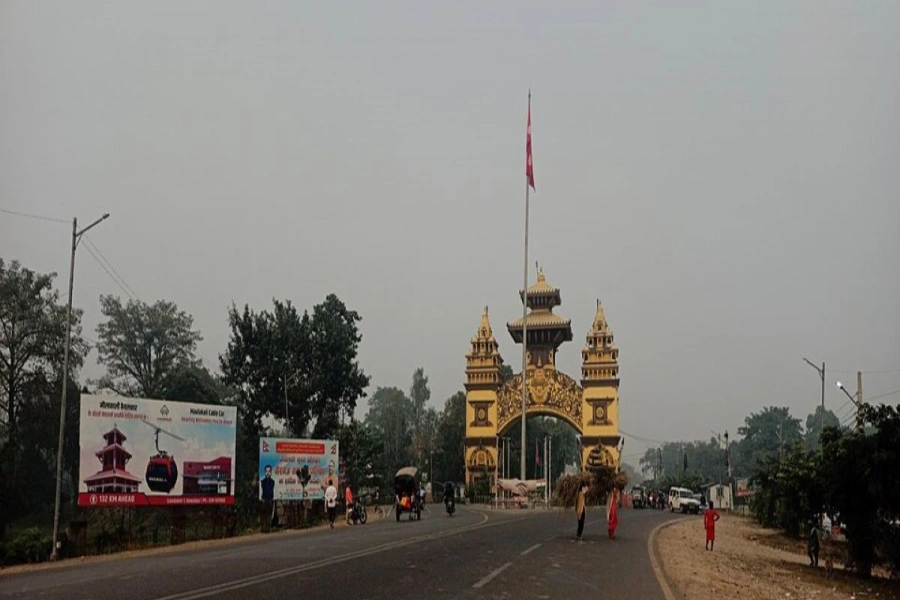4,021 real time PCR tests on average a day conducted since the first test on January 23
KATHMANDU, Sept 29: The government has carried out a total of 1,009,298 real time polymerase chain reaction (RT-PCR) as of Monday.
According to Dr Samir Kumar Adhikari, joint spokesperson for the Ministry of Health and Population (MoHP), the first test to confirm the novel coronavirus disease (COVID-19) in Nepal was conducted at the Teku-based National Public Health Laboratory (NPHL) in Kathmandu on January 23 this year. The throat swab samples of a China-returnee 32-year-old student were, however, sent to the Hong Kong-based WHO laboratory for further confirmation.
Two percent population of Sudur Paschim undergo coronavirus tes...

The second lab to start PCR test services in Nepal was the lab at BP Koirala Institute of Health Sciences (BPKIHS) in Dharan, according to Dr Adhikari. The government expanded the number of PCR labs across the country on March 29. By April 1, the total number of RT-PCR tests in the country reached as many as 1,145. The total number of people undergoing the tests climbed to 11,524 on April 29.
According to the daily situation reports published by the ministry, the PCR tests carried out at various labs throughout the country crossed the 100,000 mark by the first week of June which doubled by the end of June and reached 554,388 including 11,522 new tests on August 19. Minister for Health and Population, Bhanu Bhakta Dhakal earlier on August 2 had said that the government had a target of conducting 600,000 tests based on Prime Minister KP Sharma Oli’s public statement that two percent of the total population of the country would be tested for this viral infection.
As many as 10,891 real time PCR tests were conducted in the past 24 hours, according to the ministry, detecting 1,513 cases, ministry spokesperson Dr Jageshwar Gautam shared through a virtual media briefing on Tuesday afternoon.
There are altogether 55 COVID-19 labs across the country including 40 government and 15 private laboratories.
The ministry had also used the rapid diagnostic test (RDT) method to detect the virus, which was, however, suspended following huge public outcry questioning its reliability. The government had signed a 12-point agreement with the participants duo Iih and Pukar Bam of ‘Enough is Enough’ campaign on July 7, committing to halt the RDT tests.



